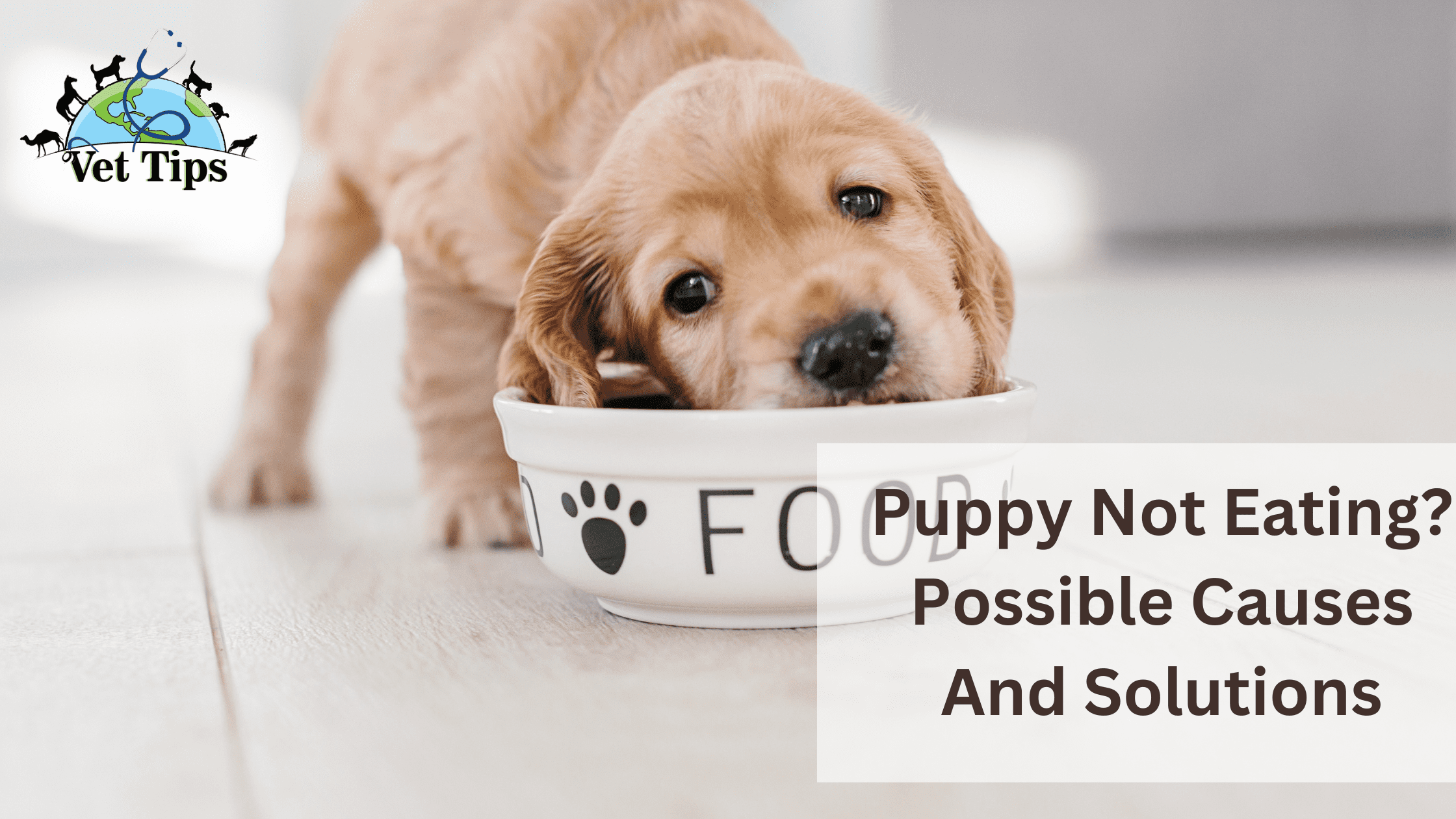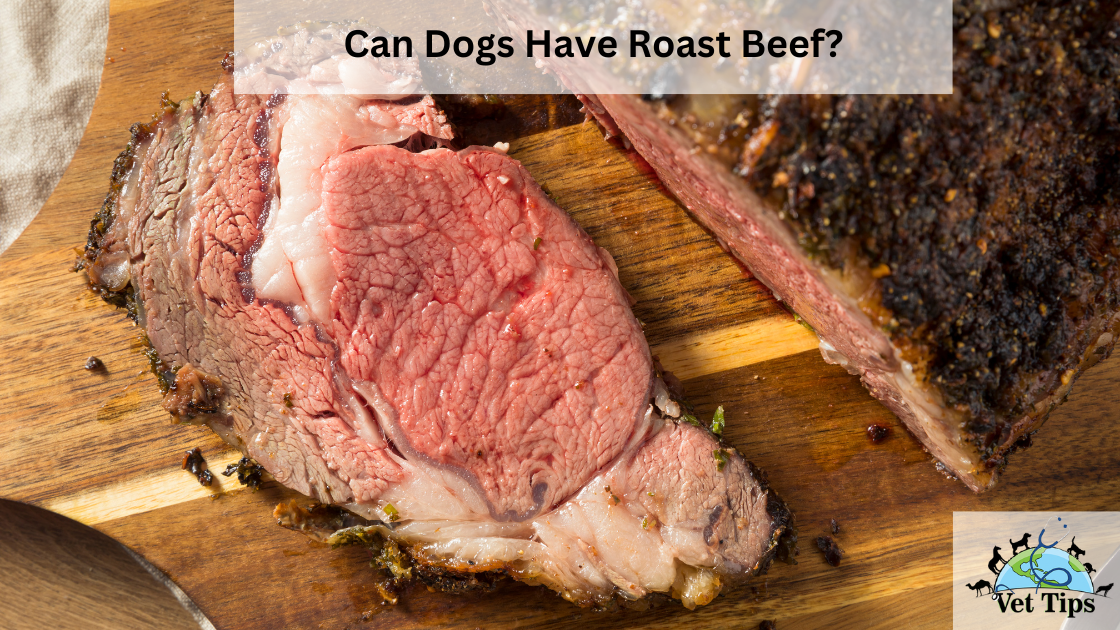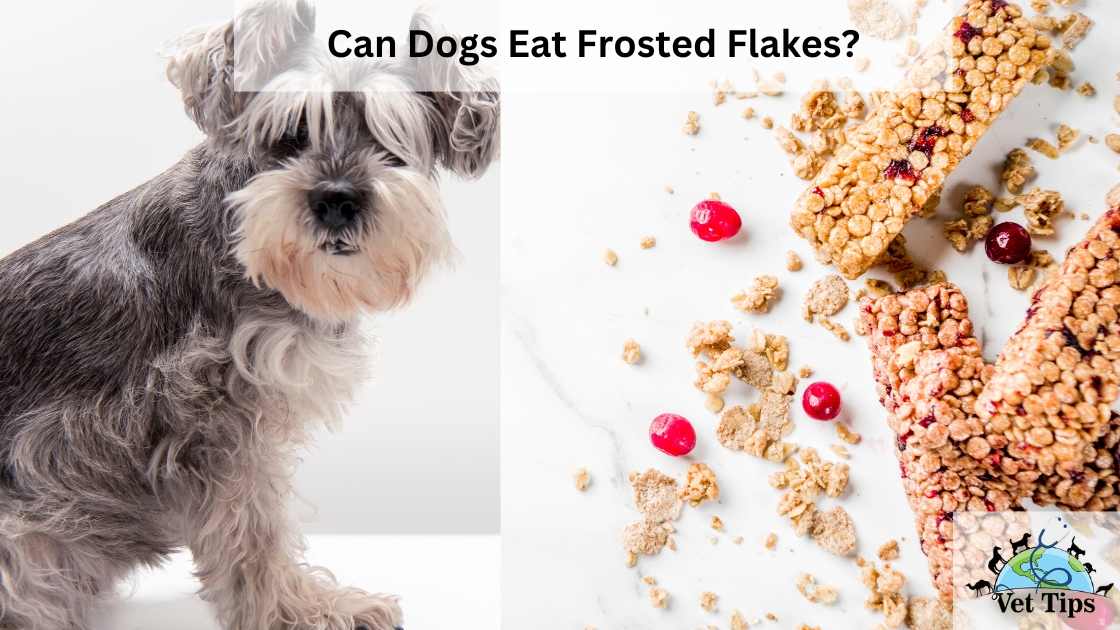Let us discuss all about “Puppy Not Eating? Possible Causes And Solutions”. A puppy’s appetite may be affected by many factors, including stress, infection, ingested foreign body, teething, etc. Seek the behind reasons and feed him better.
Puppy Not Eating? Possible Causes And Solutions
Whether you’ve had adult pet dogs for years or you’ve just got your first puppy, when your dog refuses to eat, it may be pretty stressful. There are a lot of factors that might contribute to a dog’s lack of appetite.
Reasons puppy not eating
1. High levels of stress and high temperatures
Stress can cause your pet’s appetite to decrease. For example, anorexia can be triggered simply by the stress of having guests in the house. Also, being left at the kennel or feeling separation anxiety can cause the dog to lose his appetite. Besides, high outside temperatures might also impair pet’s ability to consume food.
2. Finickiness
Some picky puppies acquire preferences for specific meals and refuse to eat anything else until they are permitted.
If your puppy appears to be otherwise healthy but refuse eating some certain food, you should visit the vet and follow the guide, persuade the little animal which demonstrates “tough puppy love” to consume the food of your choosing during regular meal times.
3. Illnesses, parasites, and teething
Anorexia is one of the most common indications of sickness in dogs, and it can occur in conjunction with a fever if an infection is present. Besides distemper, other less severe diseases such as an upper respiratory infection or intestinal parasites can also result in anorexia in certain breeds. Even a sore mouth caused by teething might make a pup unwilling to eat, according to research. Besides, an ingested foreign body may affect a puppy’s appetite (such as a swallowed toy or a piece of garbage), which can induce stomach pain and make him unable to eat.
4. Discomfort in the Digestive System
According to research, some snacks and sweets, whether stolen by your puppy or freely provided to him by you, might promote stomach distress, obesity, and begging later in some dogs. They may even drive your puppy to reject the more nutritious and balanced dog meals that he or she should consume.
Puppies are infamous for consuming foods that they shouldn’t, and regrettably, many puppy owners purposefully provide their pups with treats that they know are harmful to canine’s health.
Even if neither of you want to being “bad”, or some diets might be wealthy for some pups, every puppy reacts differently to different foods in different situations. By puppy-proofing your house and training your pup not to counter surf, you may significantly reduce the likelihood of your pet taking their own goodies from you.
5. Organ Disease or Dysfunction
Puppies can have issues with their liver, kidneys, endocrine/hormonal system, and just about any other organ or portion of their body at any point during their lives. These diseases may lead to loss of appetite in puppies.
Toxin or infection-induced acute renal failure can result in reduced appetite, irregular urine, vomiting, nausea, and diarrhea, among other symptoms.
6. Respiratory Infections
Respiratory infections such as kennel cough can be minor and self-resolving, but they can also progress and lead to severe stress, ultimately resulting in off feeding. Furthermore, some puppies might lose their ability to smell, so there may be a decline in their regular appetite.
What to do when a puppy does not eat? Tips to get puppy eating
Your puppy’s loss of appetite may be caused by sickness, in which case your veterinarian may suggest a prescription diet to fulfill your pet’s nutritional needs. These diets are not often particularly appetizing, especially if your dog is accustomed to receiving frequent treats or eating human food.
Always avoid depriving your dog of food if he or she is already sick in an attempt to coerce it into eating the suggested diet. Instead, consult with your veterinarian to learn about other options. Veterinarians may give appetite-stimulating medicines, propose syringe-feeding a liquid diet, or install a feeding tube in more severe cases.
Puppy Not Eating? Possible Causes And Solutions (Cont.)
There are frequent things you can do to encourage your pet to eat:
- Reducing the number of treats you give to your puppy.
- It is essential to feed your pet regularly, which is generally at least twice a day.
- Food-dispensing toys and other methods of making mealtime enjoyable for your pet, such as rewarding your dog for doing the trick, can help make mealtime more enjoyable for him or her.
- Taking your puppy for a walk before dinner is a good idea.
- Changing the way your dog is fed. It’s a wise option to feed your pet alone if you typically feed them with other animals. Alternatively, experiment with different bowls or plates at various heights to discover what your dog enjoys.
- Make your dog’s kibble more attractive by mixing it with a bit of amount of warm water.
- Introducing new food to your dog, such as canned food, can be a good thing if you typically feed him dry food. But do contact your trusted vet before changing the diet.
Tell us in the comments, how you like our article “Puppy Not Eating? Possible Causes & Solutions”
For similar posts like this, click here.
For the source file, click here.





One thought on “Puppy Not Eating? Possible Causes And Solutions”